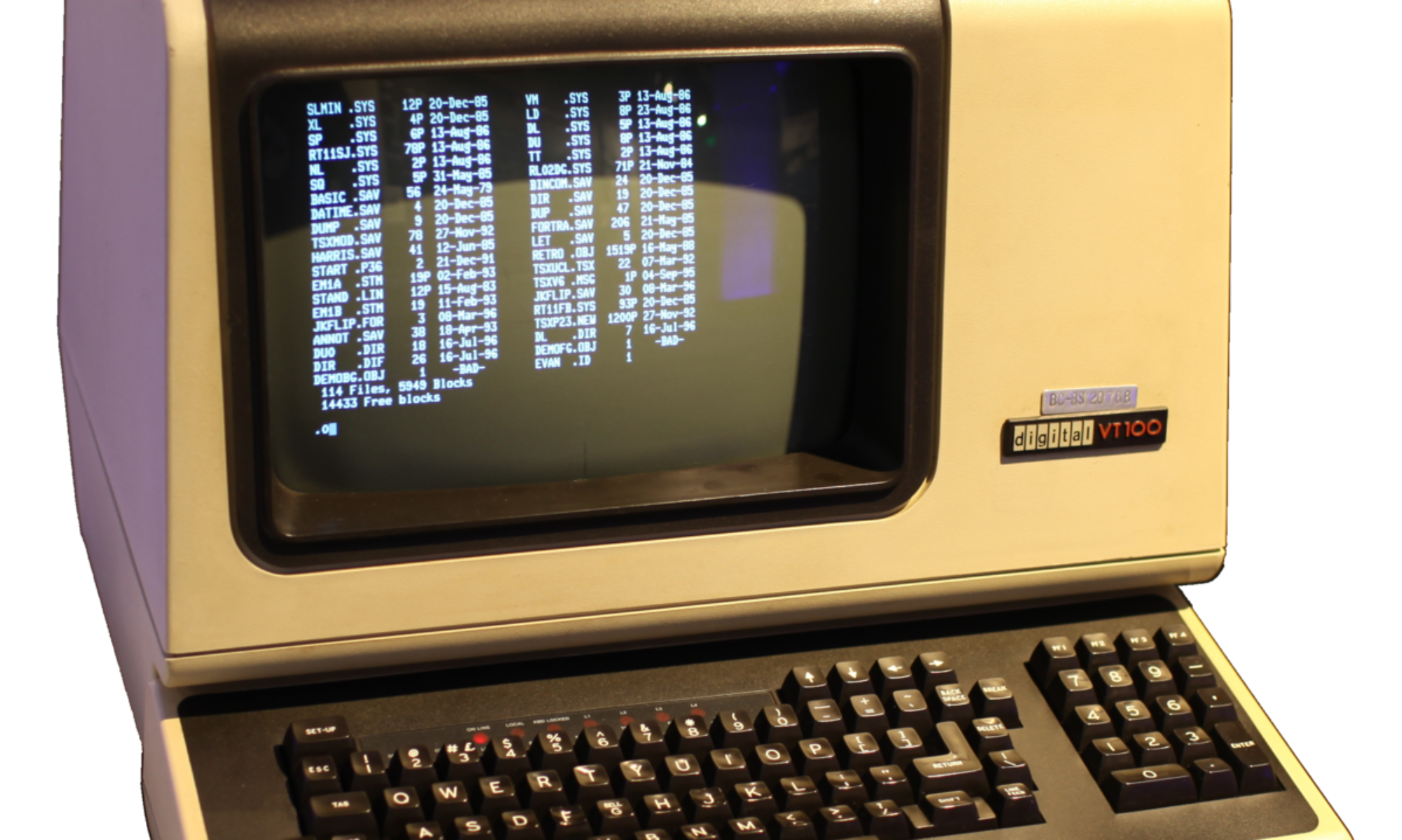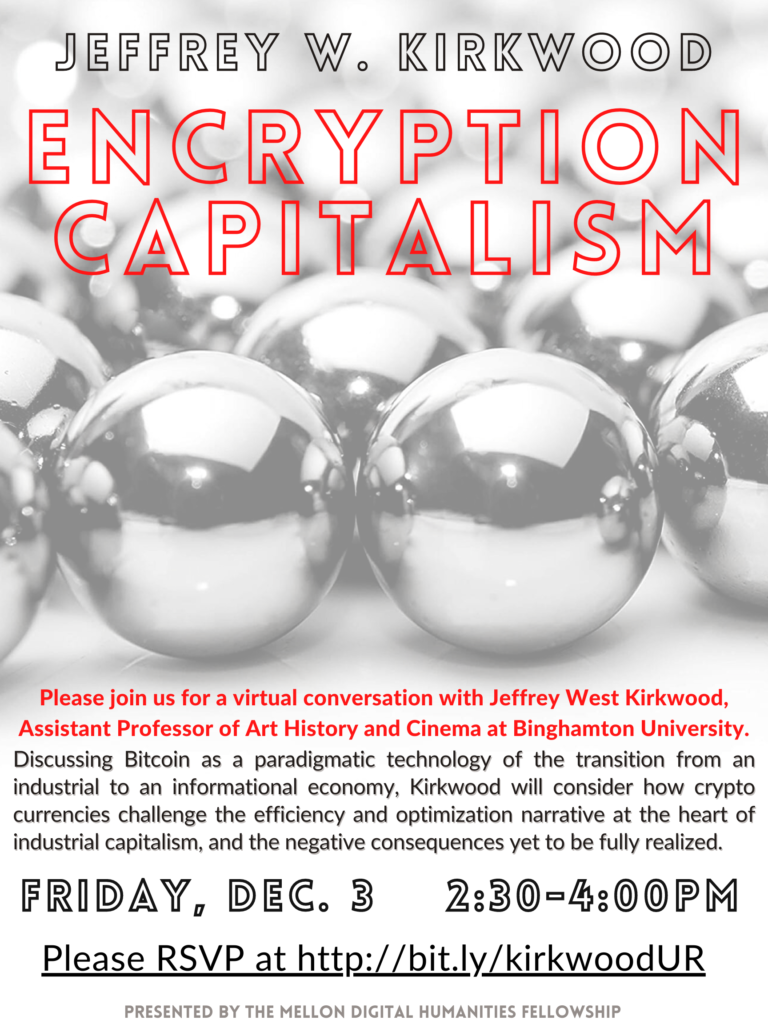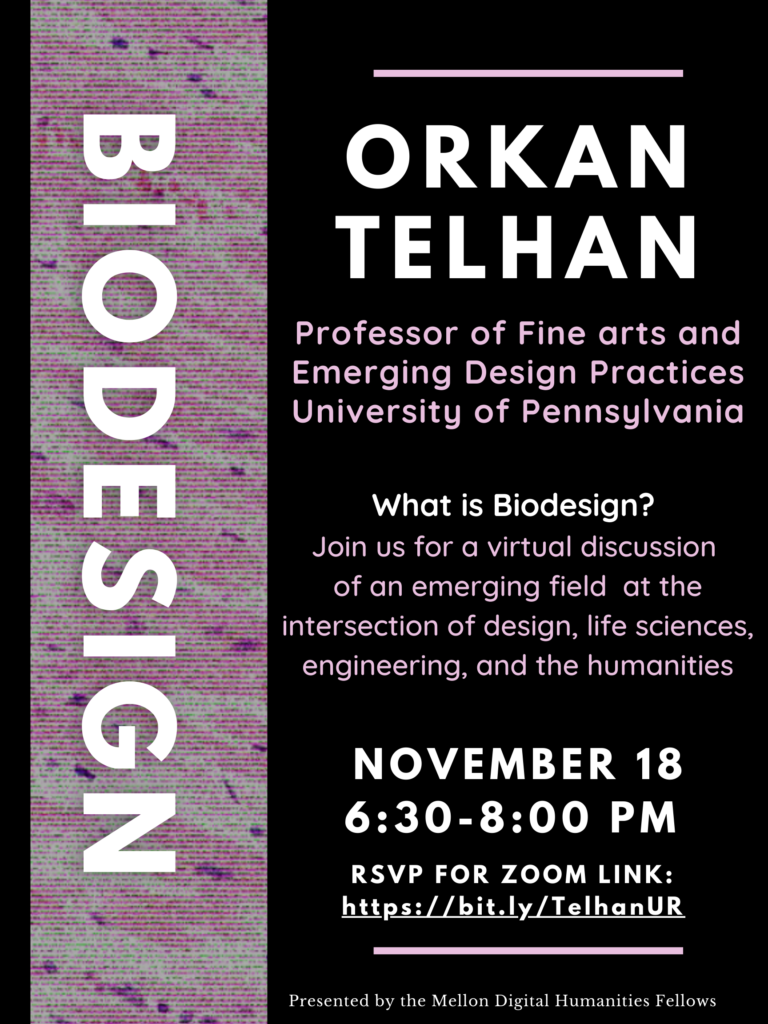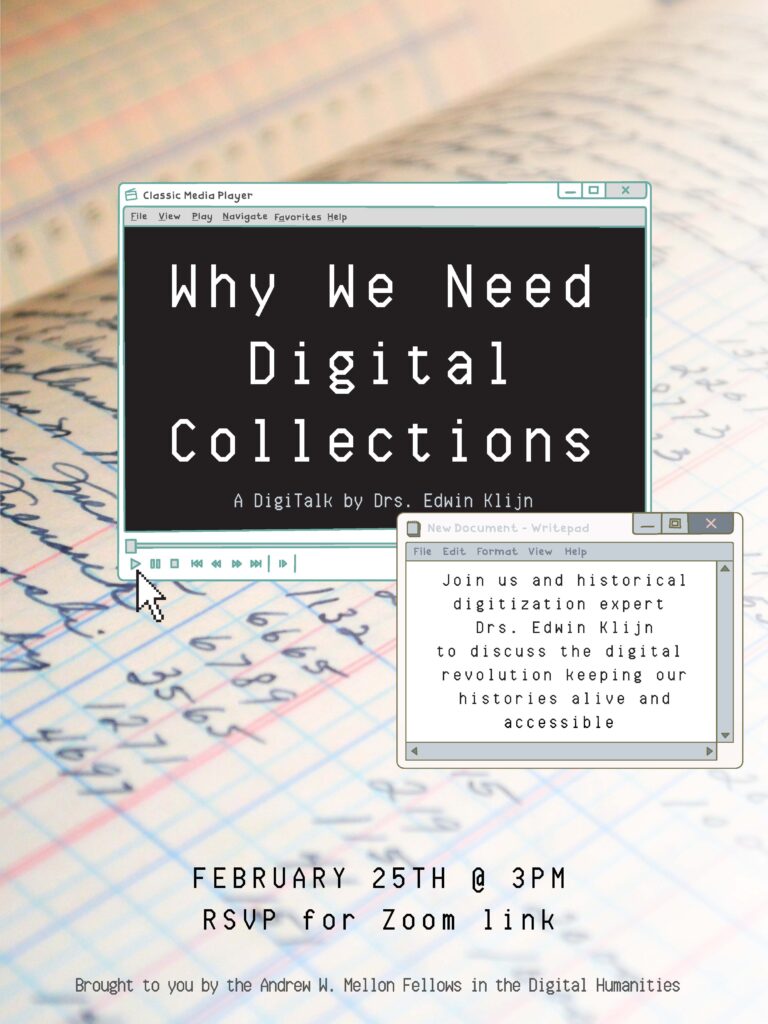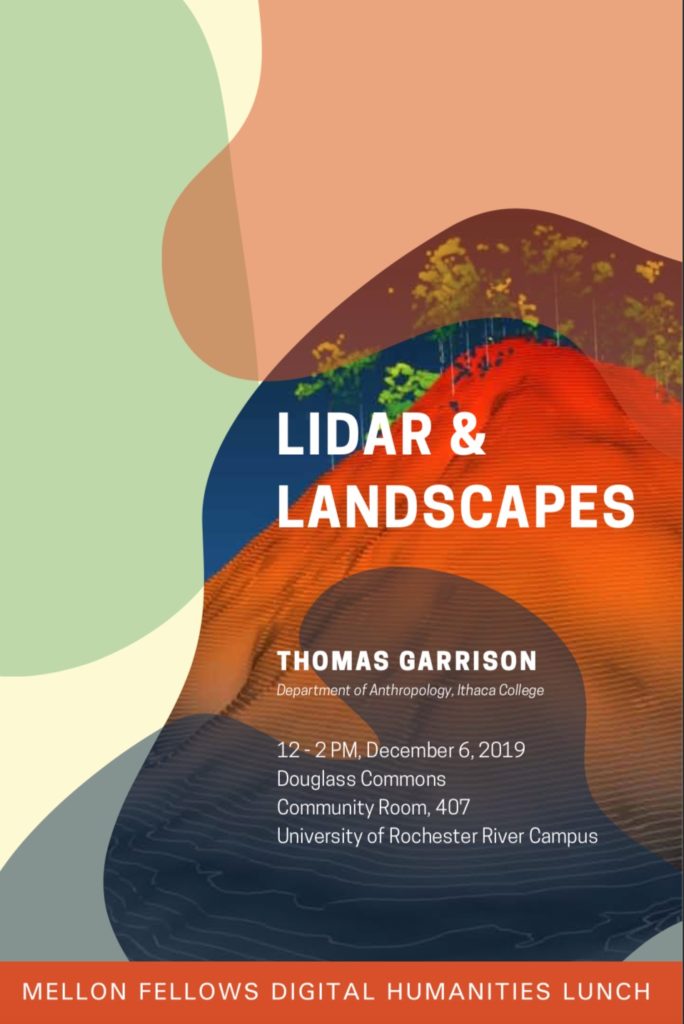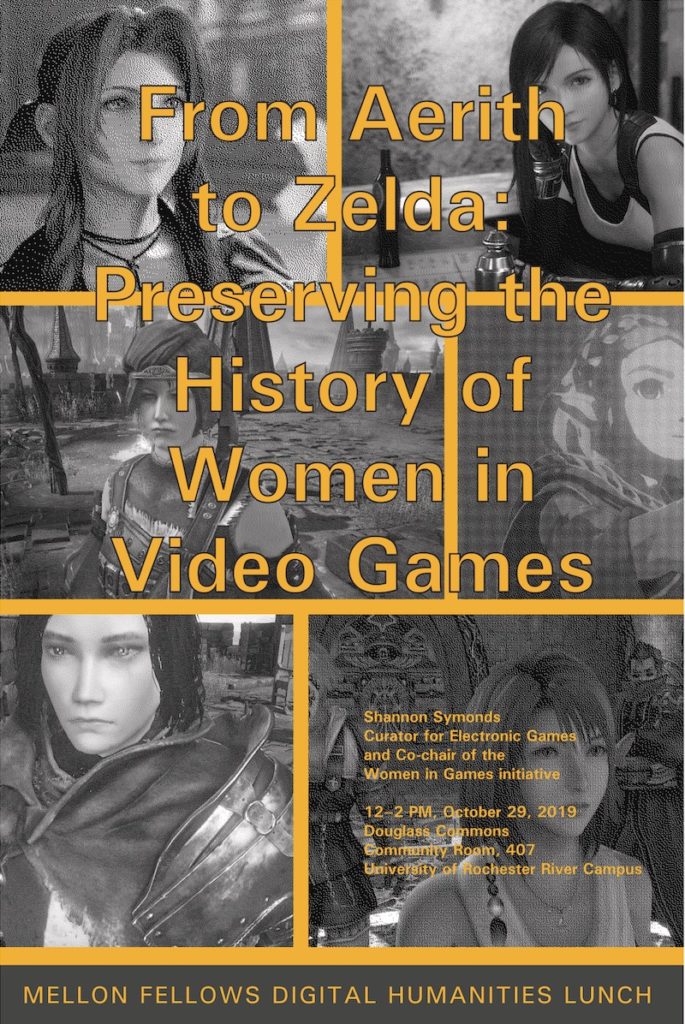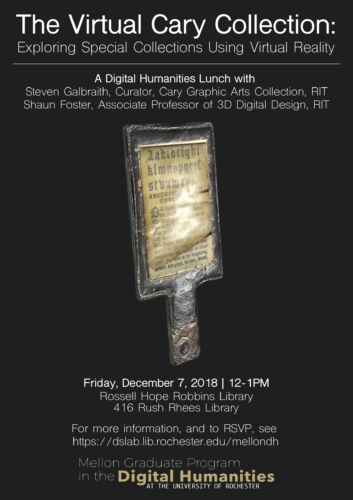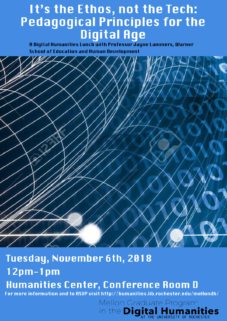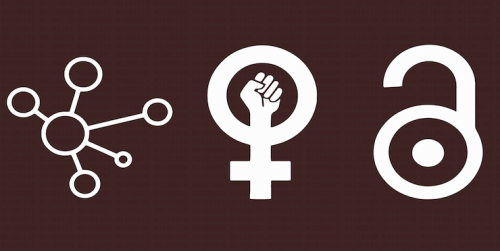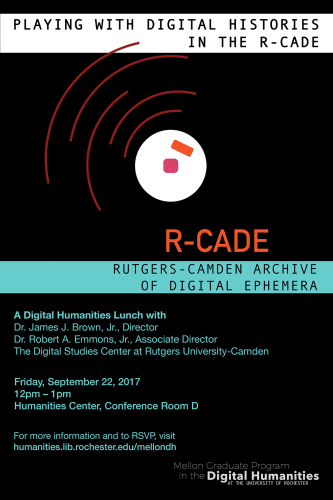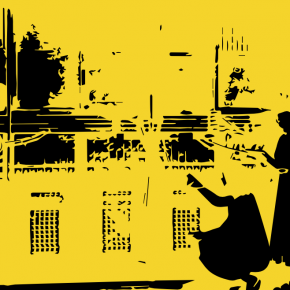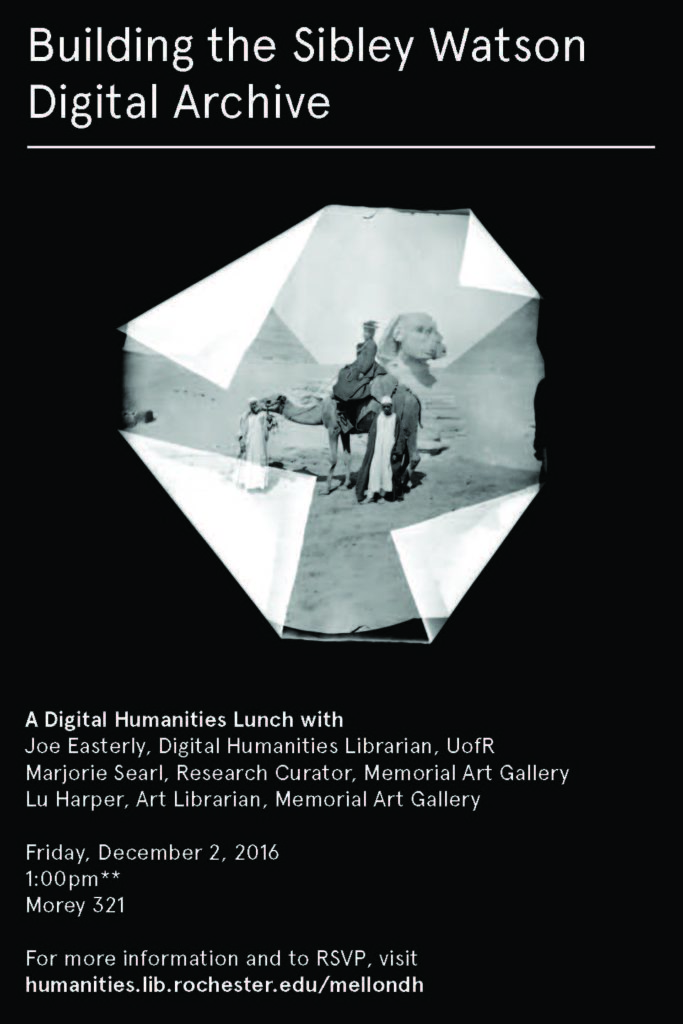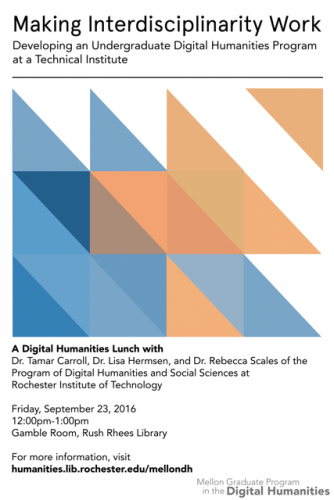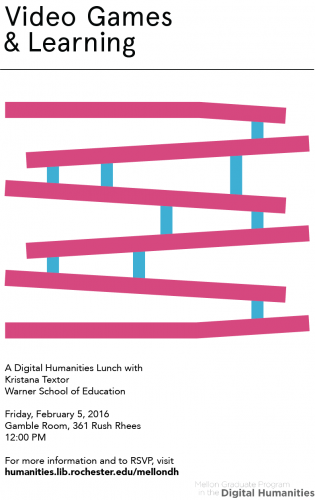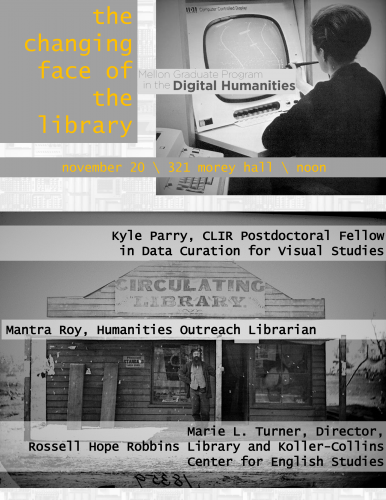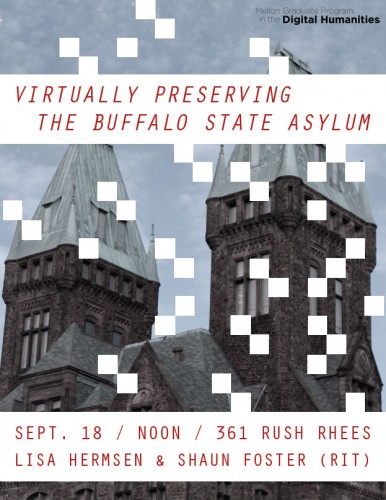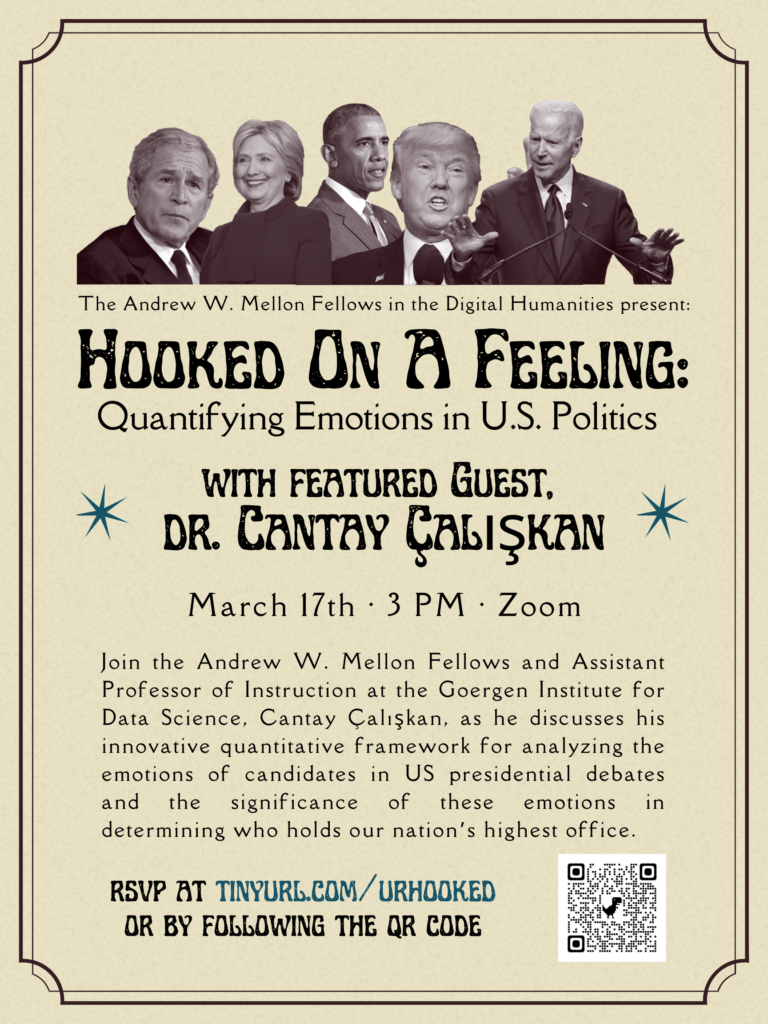
The Andrew W. Mellon Fellows in the Digital Humanities are pleased to announce their second DigiTalk of the Spring 2022 semester. This session on March 17th at 3 PM will feature a conversation with Cantay Çalışkan, an assistant professor of instruction at the Goergen Institute for Data Science at the University of Rochester.
In this DigiTalk, Dr. Cantay Çalışkan will discuss his innovative quantitative framework for analyzing the emotions of candidates in US presidential debates and the significance of these emotions in determining who holds our nation’s highest office. Using multinomial probabilistic machine learning and deep learning algorithms along with the help of face recognition, speech-to-text conversion, and speaker diarization techniques, Çalışkan has dynamically quantified emotion from 25 presidential debates, illuminating both the theoretical and political importance of emotions and the public’s perception of politicians.
Cantay Çalışkan is an assistant professor of instruction at the Goergen Institute for Data Science at the University of Rochester. He studied political science, computer science, and statistics during his Ph.D., and received his degree from Boston University in 2018. Cantay received his BA from Brandeis University and his MA from Koç University. Before joining the University, he was a visiting assistant professor in the Department of Data Analytics at Denison University and a visiting assistant professor in the Department of Mathematics and Computer Science at Ohio Wesleyan University. His research interests include computational social science, emotion quantification and face/gesture recognition, social media, US Congress, and networks of lobbying.
For more information about this event, visit the RSVP links above and below, or contact mwoehl@ur.rochester.edu.
